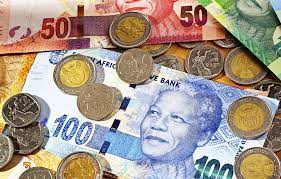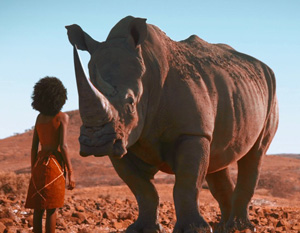
The Dollar-Rand Peg: Time to decouple?

By Carel Jordaan, RMB Trader.
Namibia’s sophisticated and liquid foreign exchange market plays a crucial role in its economy.
Notwithstanding the country’s size, we have a very liquid market. Banks, like FirstRand Namibia, have been playing a key role in establishing this market. Equally, banks are instrumental in developing, capacitating and growing its potential.
Although the Namibian Dollar replaced the South African Rand in 1993, following Namibia’s independence from its neighbour, the rand remains widely used in Namibia.
Moreover, the dollar has been pegged to the rand at one to one as Namibia is a member of the Common Monetary Area (CMA). The CMA links Namibia, South Africa, Lesotho and Eswatini into a monetary union. The main purpose of this trade is that all the parties can aspire to the same level of development and equitable economic advances.
Being pegged to the rand has both advantages and disadvantages.
The rand is a free-floating currency and its supply-demand curve is constantly evolving and influenced by many factors. Some of these factors are external and some are internal, and the rand frequently experiences volatility.
Domestic factors, such as policy uncertainty, structural issues, widening budget and current account deficits, downgrading by sovereign rating agencies, and low growth prospects have been the main drivers of the currency’s weakness and volatility.
During 2020, the rand traded to a high of 19.0815 against the US dollar as risk aversion took hold of the market. As we headed into 2021, we have already seen it trading close to 14.50 levels. By the middle of March, it was trading at 14.87.
This depreciation can be both good and bad. For example, with a weaker currency, it becomes easier and cheaper for tourists to visit our shores and boost our tourism industry. However, regulations to curb the further spread of Covid-19, particularly closed borders, have resulted in the tourism sector not being able to capitalise on this for the moment.
On the other hand, our exporters of goods receive more local currency once their proceeds come in, which again filters through to more revenue for our government. The flip side is that imports become more expensive, especially fuel imports, and even more so for companies importing to produce exportable goods.
For Namibia, which relies on the importation of most consumer goods and faces an arid climate, increased import prices can eventually lower the population’s standard of living – unless they are compensated for the rising costs of living by increasing salaries, wages and or social transfers.
So why do we want to stay pegged to the rand? Would we not be better off trying to make it on our own?
There are, of course, two different schools of thought: those in favour of, and those against the peg.
Being a trader, a part of me really wants us to break the peg against the rand. We can become the masters of our own future, make our own prices and create value, guide our own ship and not trail the rand.
On the other hand, although there might have been times that we thought we do not have the same domestic problems as South Africa, we must face the fact that we are in the same boat for now.
Even if we don’t have the same problems as South Africa, we are still exposed to all the external factors. With Namibia’s current narrow industrial and export base, it is going to be difficult to withstand the external shocks. Our current economy is very reliant on a limited number of sectors such as fishing, diamonds and uranium mining.
Taking this into consideration, as well as the hardships that Covid-19 has brought to the world economy, it’s reasonable to think that the Namibian Dollar will lose much more value than the rand, should we decide to decouple. This would result in a declining standard of living in Namibia, since imported goods and services would become more expensive for consumers.
The recommendation is therefore to stick to the rand peg for now. It offers our economy and its citizens a level of protection, as the South African economy is so much more diversified, and capable of withstanding the external shocks.












































